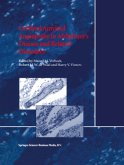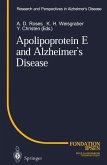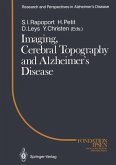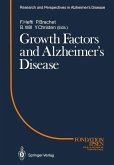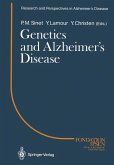Cerebral amyloid angiopathy (CAA) is a distinctive abnormality of small cerebral blood vessels, one that has intrigued neuroscientists for decades. The time seems right for a book which examines the phenomenon of CAA using a multifaceted approach: What does it produce clinically? How might CAA be imaged? What are the crucial biochemical/cellular events within cerebral vessel walls that lead to CAA? How can in vitro or transgenic experimental systems be used to understand the etiology of, or even potential treatments for, CAA? The editors have assembled key figures in the field of CAA research to examine these (and other) questions in a series of focused chapters that address specific issues of importance in understanding CAA and its clinical manifestations. Comprehending the biology and pathogenesis of this fascinating vascular lesion may even provide clues to less common forms of cerebral microvascular disease that have been recognized for decades (hypertensive microangiopathy) or more recently (CADASIL).
Hinweis: Dieser Artikel kann nur an eine deutsche Lieferadresse ausgeliefert werden.
Hinweis: Dieser Artikel kann nur an eine deutsche Lieferadresse ausgeliefert werden.
`Meantime, this book offers good value for money for those clinicians and scientists interested in the current state of play.'
Brain, 124 (2001)
Brain, 124 (2001)
`Meantime, this book offers good value for money for those clinicians and scientists interested in the current state of play.'
Brain, 124 (2001)
Brain, 124 (2001)


